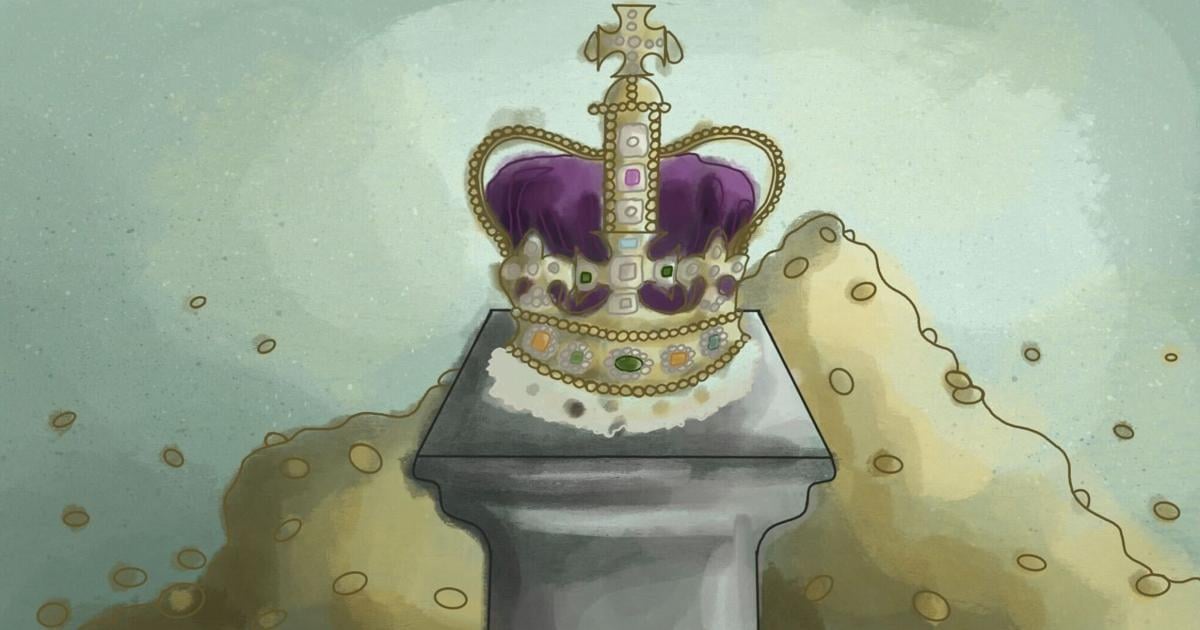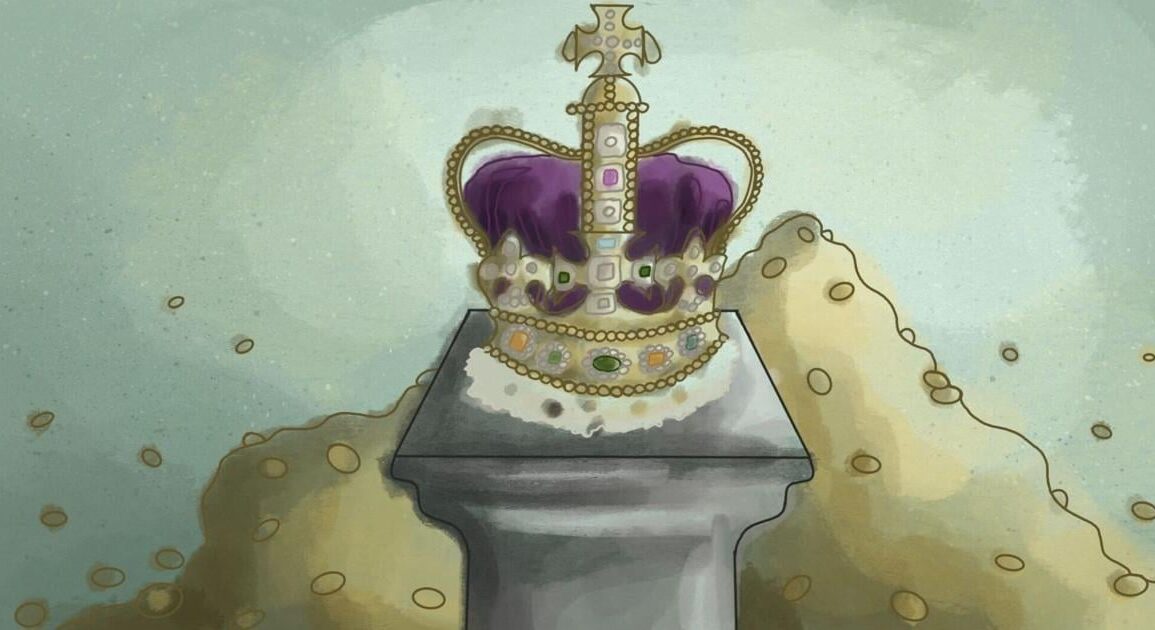
The British monarchy is hailed as an elite group of rulers and leaders from the nation that birthed the Americas — as well as had control of most of the world at one point or another. However, even after their influence over the rest of the world has been highly reduced, their impact is still not only felt in Great Britain, but by generations affected either directly or indirectly by the slave trade.
The royal family must address their involvement in the slave trade and arrange to make amends, whether it be through financial compensation, the funding of social programs or public campaigns where they directly take responsibility.
With this action, the royals can help heal wounds stemming from their past and attempt to correct the negative impact their participation in the slave trade has caused.
Creating companies to capitalize off of colonization, directly owning slaves and funding voyages that would lead to imperialistic endeavors are just some of the ways the crown has benefited from slavery. Several kings and queens have been linked to granting merchants special privileges and investing in the continuation of the slave trade throughout their reign.
Using these profits, the British empire grew, increasing the reach of slavery and ignoring the victims it used to achieve its success. Even after the slave trade was outlawed from British borders, profits made from the system were used to develop England and boost its economy.
The most recent call for action came when King Charles III attended the Commonwealth Heads of Government Meeting in Samoa, where he “acknowledged” the issue.
“I understand, from listening to people across the Commonwealth, how the most painful aspects of our past continue to resonate,” Charles said at the summit.
While the royal did address the issue, his language was vague and did not directly list the regrets of the monarchy. If he had been specific in his attempt at accountability, it would have been a step closer to gaining trust from generations of people who have experienced inequality, mistrust and trauma when it comes to the crown.
Commonwealth leaders, such as Foreign Minister of the Bahamas Frederick Mitchell, have said that a simple and honest apology can work, leading to a focus on the issue at hand. Mitchell also said there is a “reluctance” to directly take responsibility for profiting from slaves.
Healing multiple generations’ worth of pain and injustice requires dedication and action. If the royal family does not concede, more world leaders will criticize them until their demands are met.
The best way for King Charles to atone for the past is through paying for reparative justice. One way is by commemorating the slaves instead of the slave owners. Dedicating a day or month to the people taken from their homes to serve as dehumanized chattel through the use of force and violence can encourage those uneducated to seek information.
Oftentimes, people are unaware of their country’s past, as traumatic history is avoided and forgotten. Great Britain can include more extensive and well-researched education on their contribution towards slavery to their younger population. Education about slavery and those who engaged in it sheds necessary light on what transpired and how it still lingers in our world today.
Generational rehabilitation is also incredibly necessary, possibly even more than a formal apology, as the negative impacts of being forced to live through one of history’s most brutal systems are innumerable. In rehabilitation, people affected are able to overcome challenges in daily living through a variety of processes that help them cope, whether it be mentally, physically or emotionally.
The royal institution must also invest in communities still being affected by slavery. Funding education and financially compensating families whose ancestors were exploited can help to right wrongs by further uplifting those impacted, raising awareness and encouraging other countries to do the same.
Another form of support that would be beneficial is healthcare assistance. The monarchy can offer extensive health coverage and fund research in the mental healthcare of descendants of enslaved people.
According to the BBC, there is medical evidence highlighting a high incidence of type 2 diabetes among people in the Caribbean, suggesting the descendants of slaves have faced poor nutrition for hundreds of years.
By providing additional support, the royal family would be helping a cohort improve poor physical health that has followed them through the centuries due to the slave trade.
As an influential political entity, the royal family must do what they can to amend their relationship with their citizens disproportionately impacted by the slave trade, including their mental health and recovery. Pushing towards improvements in their mental health ensures a long-term recovery that allows families to grow and move past a tragic legacy.
One reason reparations are unlikely to be enacted is their potential to create international problems for Great Britain. Once other countries that share similar histories see them enacted, they may also demand compensation, straining the British government’s finances and international relationships.
It is the obligation of the British to demonstrate their leadership by owning up to their mistakes and repairing the damage still seen today. Whether it be through a letter addressing their faults or by taking immediate action to make up for their pivotal role, the monarchy needs to make the first step.
The royals’ dedication and time is owed to the millions of people who have to live and remember experiences of injustice. To achieve peace and forgiveness, a form of direct acknowledgment beyond a vague speech should be undertaken.



